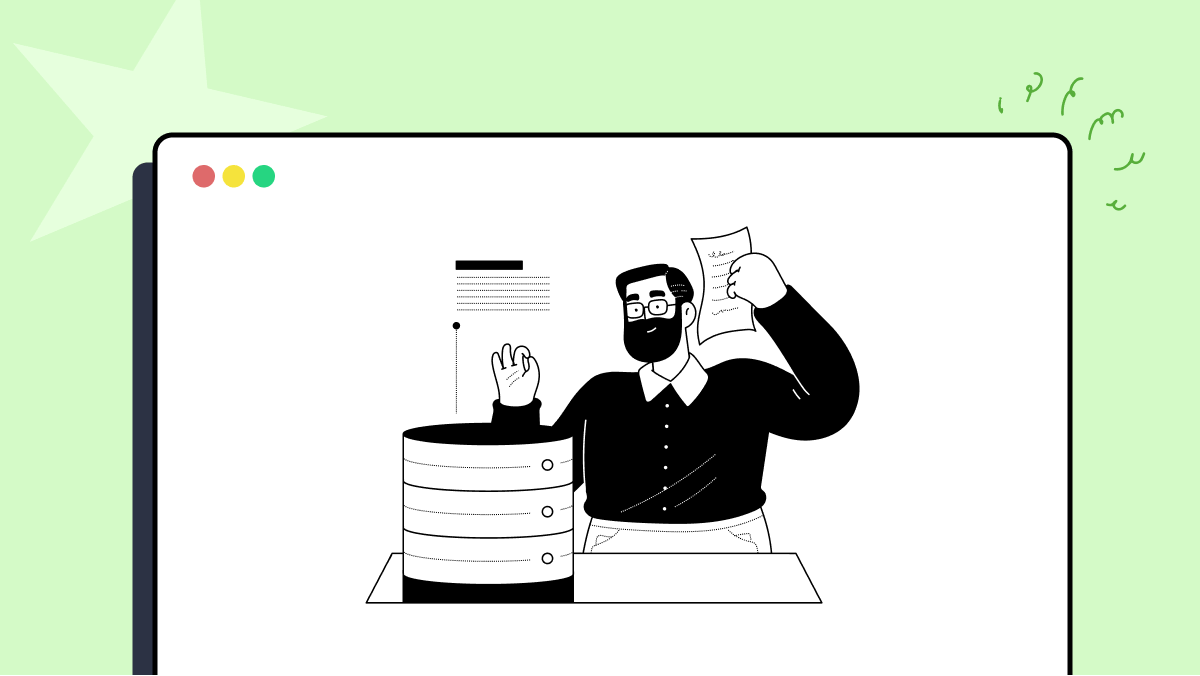How to use Client method of com.foo.rpc.examples.spring.customization.CustomizationService class
Best EvoMaster code snippet using com.foo.rpc.examples.spring.customization.CustomizationService.Client
Source:CustomizationController.java
1package com.foo.rpc.examples.spring.customization;2import com.foo.rpc.examples.spring.SpringController;3import org.apache.thrift.protocol.TBinaryProtocol;4import org.apache.thrift.protocol.TProtocol;5import org.apache.thrift.transport.THttpClient;6import org.apache.thrift.transport.TTransport;7import org.apache.thrift.transport.TTransportException;8import org.evomaster.client.java.controller.problem.ProblemInfo;9import org.evomaster.client.java.controller.problem.RPCProblem;10import java.util.HashMap;11public class CustomizationController extends SpringController {12 private CustomizationService.Client client;13 public CustomizationController() {14 super(CustomizationApp.class);15 }16 @Override17 public ProblemInfo getProblemInfo() {18 return new RPCProblem(new HashMap<String, Object>() {{19 put(CustomizationService.Iface.class.getName(), client);20 }});21 }22 @Override23 public String startClient() {24 String url = "http://localhost:"+getSutPort()+"/customization";25 try {26 // init client27 TTransport transport = new THttpClient(url);28 TProtocol protocol = new TBinaryProtocol(transport);29 client = new CustomizationService.Client(protocol);30 } catch (TTransportException e) {31 e.printStackTrace();32 }33 return url;34 }35}...Client
Using AI Code Generation
1Client client = ClientBuilder.newBuilder().build();2String response = service.customizedMethod("Hello World!");3System.out.println(response);4Client client = ClientBuilder.newBuilder().build();5String response = service.customizedMethod("Hello World!");6System.out.println(response);7Client client = ClientBuilder.newBuilder().build();8String response = service.customizedMethod("Hello World!");9System.out.println(response);10Client client = ClientBuilder.newBuilder().build();11String response = service.customizedMethod("Hello World!");12System.out.println(response);13Client client = ClientBuilder.newBuilder().build();14String response = service.customizedMethod("Hello World!");15System.out.println(response);16Client client = ClientBuilder.newBuilder().build();17String response = service.customizedMethod("Hello World!");18System.out.println(response);19Client client = ClientBuilder.newBuilder().build();Blogs
Check out the latest blogs from LambdaTest on this topic:
We launched LT Browser in 2020, and we were overwhelmed by the response as it was awarded as the #5 product of the day on the ProductHunt platform. Today, after 74,585 downloads and 7,000 total test runs with an average of 100 test runs each day, the LT Browser has continued to help developers build responsive web designs in a jiffy.
When most firms employed a waterfall development model, it was widely joked about in the industry that Google kept its products in beta forever. Google has been a pioneer in making the case for in-production testing. Traditionally, before a build could go live, a tester was responsible for testing all scenarios, both defined and extempore, in a testing environment. However, this concept is evolving on multiple fronts today. For example, the tester is no longer testing alone. Developers, designers, build engineers, other stakeholders, and end users, both inside and outside the product team, are testing the product and providing feedback.
Automation Testing Tutorials
Learn to execute automation testing from scratch with LambdaTest Learning Hub. Right from setting up the prerequisites to run your first automation test, to following best practices and diving deeper into advanced test scenarios. LambdaTest Learning Hubs compile a list of step-by-step guides to help you be proficient with different test automation frameworks i.e. Selenium, Cypress, TestNG etc.
LambdaTest Learning Hubs:
- JUnit Tutorial
- TestNG Tutorial
- Webdriver Tutorial
- WebDriverIO Tutorial
- Protractor Tutorial
- Selenium 4 Tutorial
- Jenkins Tutorial
- NUnit Tutorial
- Jest Tutorial
- Playwright Tutorial
- Cypress Tutorial
- PyTest Tutorial
YouTube
You could also refer to video tutorials over LambdaTest YouTube channel to get step by step demonstration from industry experts.
Most used method in CustomizationService
- handleDependent
- handleCombinedSeed
- Factory
- getClient
- Client
- send_handleDependent
- recv_handleDependent
- send_handleCombinedSeed
- recv_handleCombinedSeed
- getAsyncClient
- AsyncClient
- handleDependent_call
- write_args
- getResult
- handleCombinedSeed_call
- Processor
- getProcessMap
- getEmptyArgsInstance
- isOneway
- rethrowUnhandledExceptions
- AsyncProcessor
- getResultHandler
- onComplete
- onError
- start
- handleDependent_argsStandardSchemeFactory
- handleDependent_argsTupleSchemeFactory
- findByThriftId
- findByThriftIdOrThrow
- findByName
- getThriftFieldId
- getFieldName
- handleDependent_args
- deepCopy
- clear
- getDto
- setDto
- unsetDto
- isSetDto
- setDtoIsSet
- setFieldValue
- getFieldValue
- isSet
- equals
- hashCode
- compareTo
- fieldForId
- read
- write
- toString
- validate
- writeObject
- readObject
- getScheme
- scheme
- handleDependent_resultStandardSchemeFactory
- handleDependent_resultTupleSchemeFactory
- handleDependent_result
- getSuccess
- setSuccess
- unsetSuccess
- isSetSuccess
- setSuccessIsSet
- handleCombinedSeed_argsStandardSchemeFactory
- handleCombinedSeed_argsTupleSchemeFactory
- handleCombinedSeed_args
- handleCombinedSeed_resultStandardSchemeFactory
- handleCombinedSeed_resultTupleSchemeFactory
- handleCombinedSeed_result
Try LambdaTest Now !!
Get 100 minutes of automation test minutes FREE!!




